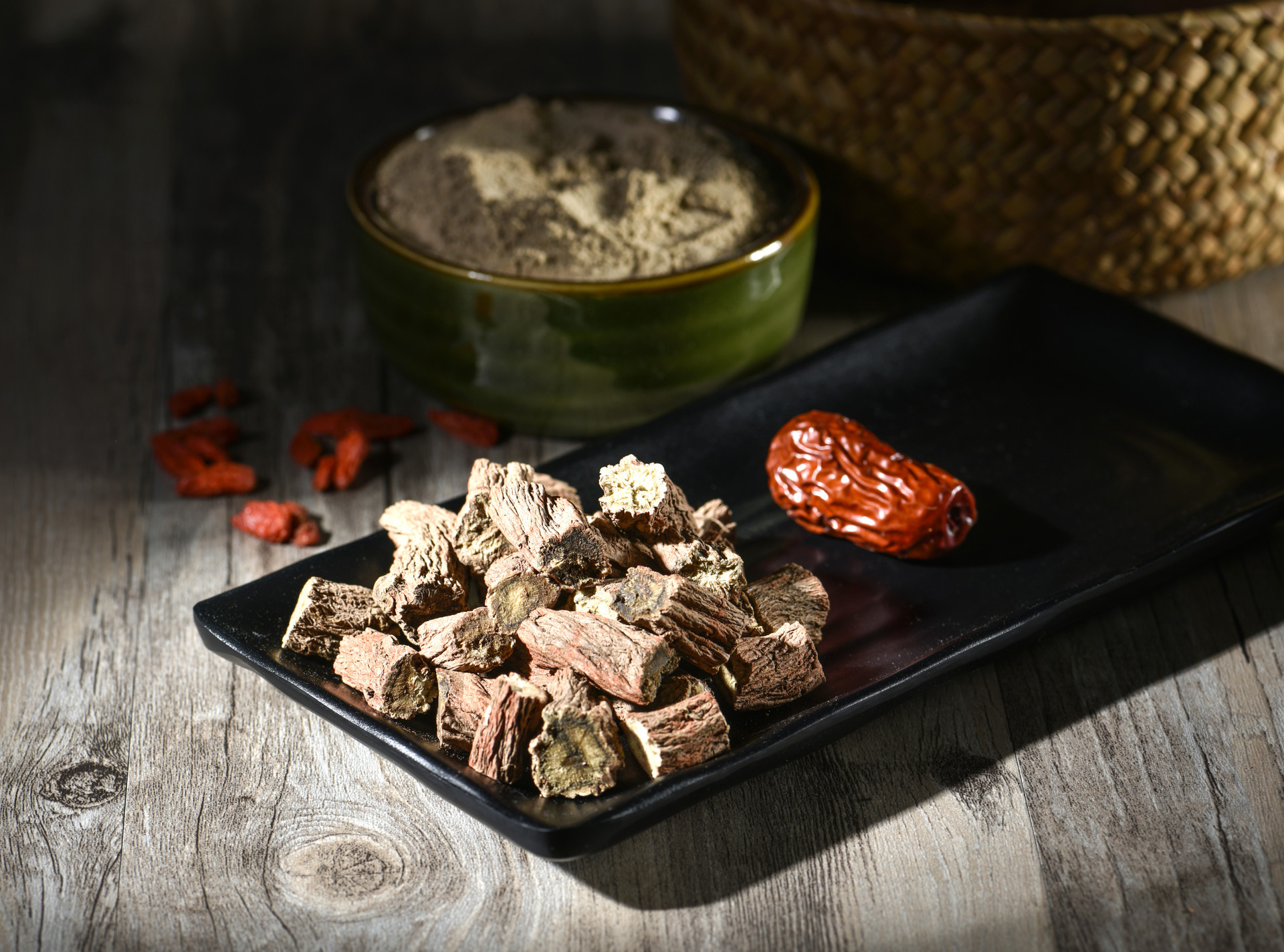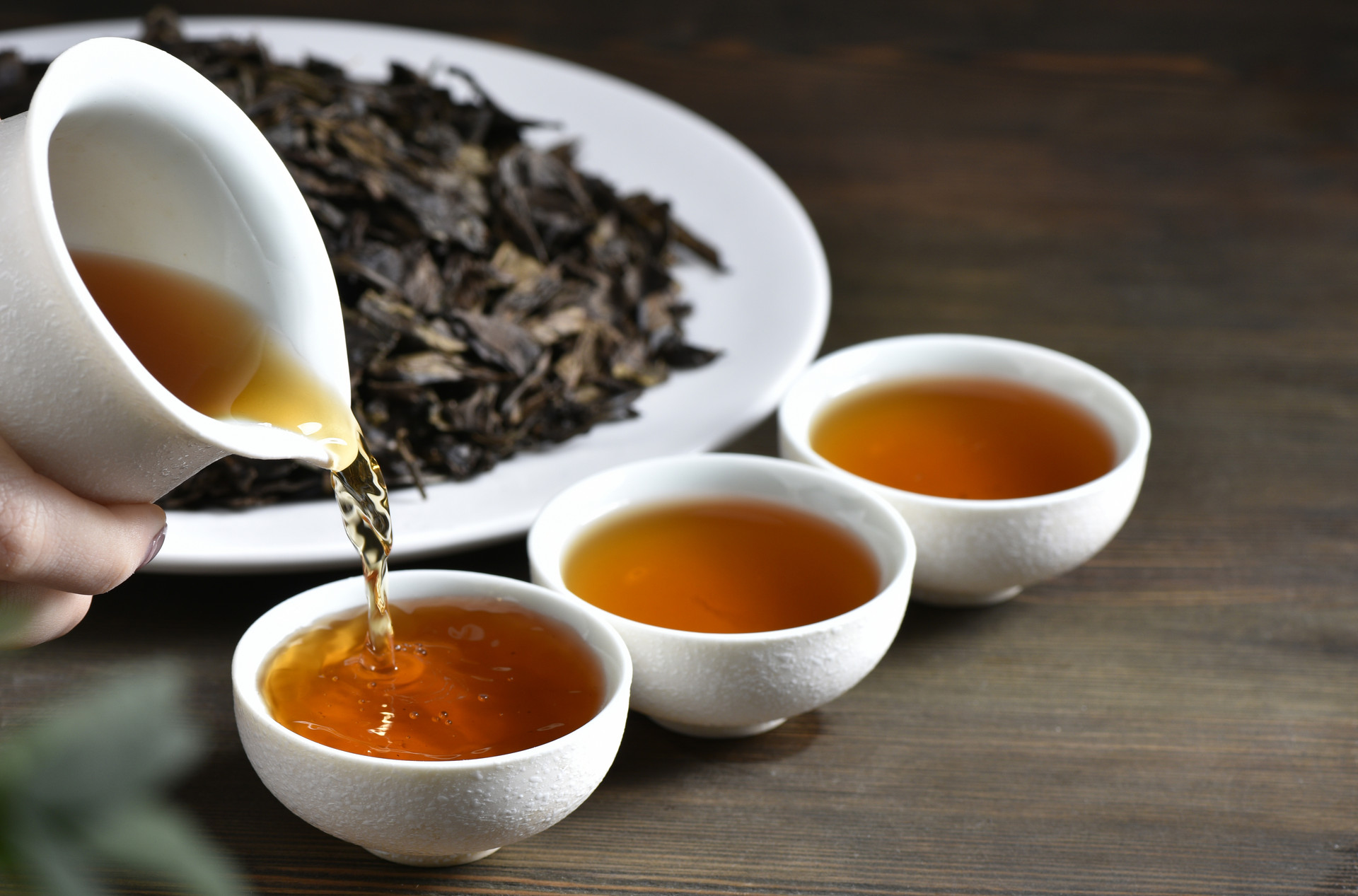Dates, also known as red dates or Chinese dates, originated in China. They are rich in protein, fats, carbohydrates, carotene, B vitamins, vitamin C, vitamin P, as well as calcium, phosphorus, iron, and adenosine triphosphate. The vitamin C content of dates is among the highest in fruits, earning them the title of "Vitamin King". Dates have many health benefits, which many people are aware of. However, do you know the taboos of eating dates? Let's find out:
Nine Misconceptions about Eating Dates
Misconception 1: Dates are good for blood enrichment
The iron content of dates is relatively high among fruits, at 1.2 mg/100 g. However, like other plant-based foods, the absorption rate of iron in dates is very low and cannot be well utilized by the human body.
The vitamin C (VC) content in dates is one of the highest among fruits, at 243 mg/100 g. VC can promote iron absorption and help prevent and treat iron-deficiency anemia. However, eating a few dates for blood enrichment is ineffective.
Misconception 2: Dates have high sugar content and should be avoided by constipated pregnant women
First of all, the logic of this statement is incorrect. Does high sugar content cause constipation? That's not possible! There is no sugar in feces, so sugar does not affect bowel movements. Moreover, there are many foods with high sugar content, not just dates.
The fact is that dates contain a lot of dietary fiber, which has a laxative effect. Therefore, eating dates (and other fruits and vegetables high in dietary fiber) can help relieve constipation. Of course, practice is the only standard to test the truth. Those who suffer from constipation can try eating dates to see if it worsens or improves the condition. Isn't it boring for the media or "experts" to keep repeating the same thing?
Misconception 3: Dates should not be eaten with carrots
The argument is that dates contain rich vitamin C (VC), while carrots contain an enzyme that can destroy VC, so the nutritional value of dates is reduced when eaten together with carrots. The first two sentences are correct, but the conclusion is wrong. The ability of the enzyme in carrots to destroy VC is very limited. It cannot even fully destroy the VC in carrots themselves, so how could it destroy the VC in other foods?
Therefore, if you really care about the destruction of VC, the "best" strategy can only be to avoid eating carrots. But there is a problem with this approach because besides carrots, other vegetables like cucumbers also contain enzymes that destroy VC. Should we also avoid eating cucumbers? But that's not enough, other foods may not have enzymes that destroy VC, but they may have other drawbacks, such as cholesterol in eggs, saturated fat in meat and milk. Should we avoid eating all of them? Obviously, that's not possible.
As for the claims that dates should not be eaten with seafood or dates should not be eaten with leeks, these are just groundless statements based on the idea of food incompatibility, and they are not worth refuting.
Misconception 4: Dates should not be eaten in large quantities
It is well known that dates are not easily digested. This is because dates have a low water content, only about 67% (while other common fruits have a water content of 80% to 90%), and a high dietary fiber content of 1.9%, significantly higher than other common fruits (such as grapes with an average of 0.4% and apples with an average of 1.2%). Dietary fiber (especially insoluble cellulose) cannot be digested in the stomach and small intestine, and consuming a large amount at once can cause gastrointestinal discomfort. The dietary fiber in dates is mainly concentrated in the skin. The flesh of dates is crispy, but the skin is very thin and hard, making it difficult to completely crush during chewing.
You can try this experiment: chew on a date but don't swallow it, spit it out and observe. You will find pieces of date skin mixed with the flesh, with different sizes, hard texture, and sharp edges. Imagine that if you swallow them into your stomach and your gastric mucosa happens to have inflammation or ulcers, it is like sprinkling salt on a wound, causing pain or discomfort.
Misconception 5: Slightly rotten dates can still be consumed
Although dates are crispy, sweet, and nutritious, they are not easy to store and are prone to spoilage. Rotting dates can promote the growth of microorganisms, and the fruit acid enzyme in dates can continue to break down pectin, producing pectic acid and methanol. Methanol can further decompose into formaldehyde and methanol. Eating rotten dates can cause dizziness and harm the eyes, and in severe cases, it can be life-threatening.
Misconception 6: Dates cannot be eaten with vitamins
Some substances in dates can break down and destroy vitamin K, greatly reducing the therapeutic effect of dates.
Misconception 7: Dates can be eaten with antipyretic drugs
Taking antipyretic drugs while consuming high-sugar foods can form insoluble complexes, reducing the absorption rate. Dates are high in sugar, so during this period, it is best to avoid eating dates. People suffering from toothache, abdominal bloating, and constipation should also avoid eating dates.
Misconception 8: Dates do not require thorough chewing and slow swallowing
Red dates are a good tonic, and they can be eaten regularly. However, excessive consumption can cause excessive gastric acid and abdominal distension. Moreover, the skin of red dates is difficult to digest, so it is necessary to chew them thoroughly and swallow slowly.
Misconception 9: Dates should be consumed without drinking water
The high sugar content of red dates can be harmful to teeth. If you eat too many dates without drinking enough water, it can easily cause tooth decay. People who already have dental problems should especially avoid eating dates.
Recommended Ways to Eat Dates
(1) Soaking dates in water for liver detoxification
A detail of soaking dates determines its effectiveness. The tough skin of dates is not easily digested, so it is best to break them open before soaking.
Also, fresh dates should not be soaked or boiled. This is because they have a very high vitamin C content, and boiling them in hot water will severely destroy the vitamin C.
(2) Brewing date tea for Qi nourishment and throat protection
Blackened dates can be brewed into tea to treat stomach coldness and stomach pain.
If you add longan to the tea, it becomes a blood and Qi nourishing tea, suitable for teachers, salespeople, and others who frequently use their voices.
(3) Making date soup to relieve cough and moisten the lungs
In the Tang Dynasty, Yu Shen's "Must-Effective Prescription" recorded a soup made from dates, tremella, and rock sugar, which can relieve cough and moisten the lungs.
Ingredients: Tremella: 20 g (about half a piece), dates: 20 pieces, rock sugar: 60 g (can be adjusted according to personal taste)
Instructions: Soak the tremella in water until it expands, remove the stem, tear it into small pieces, put it in a pot with dates and rock sugar, add 6 bowls of water, boil over high heat, then simmer over low heat for half an hour, and then turn off the heat.












